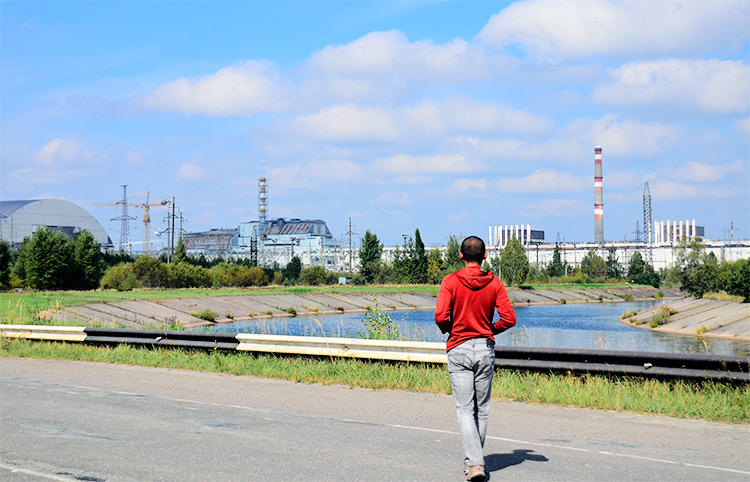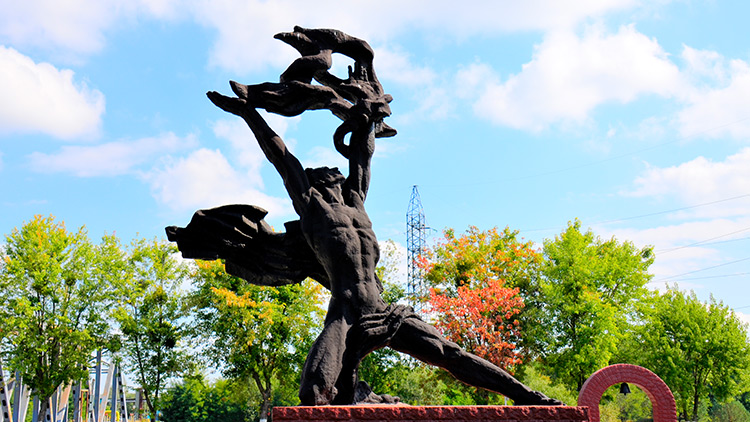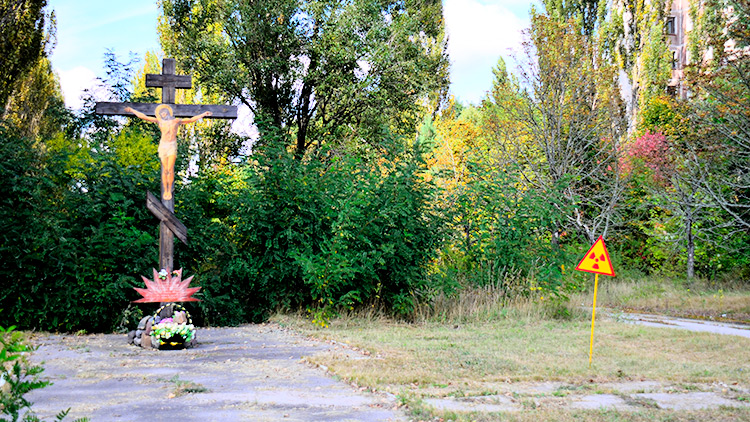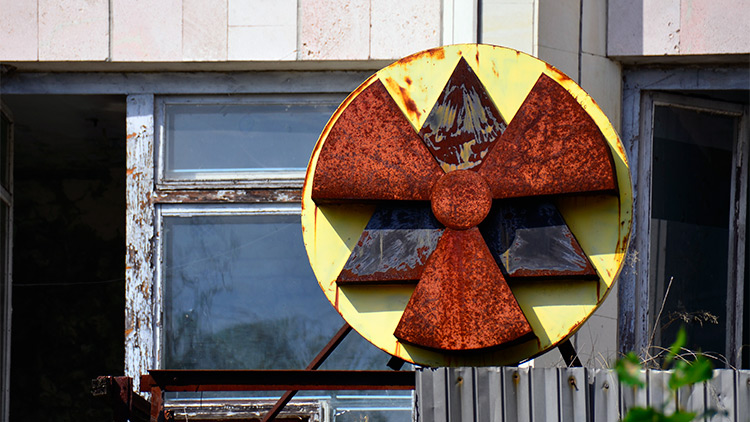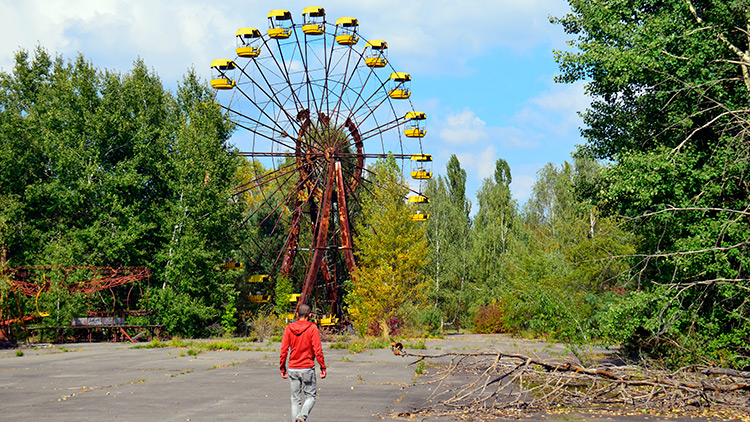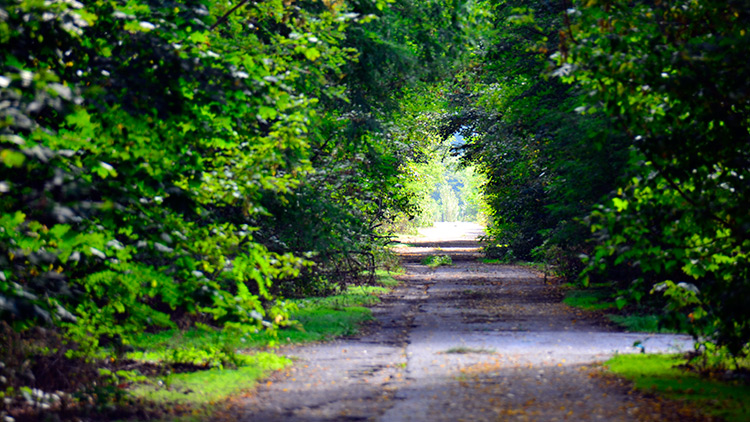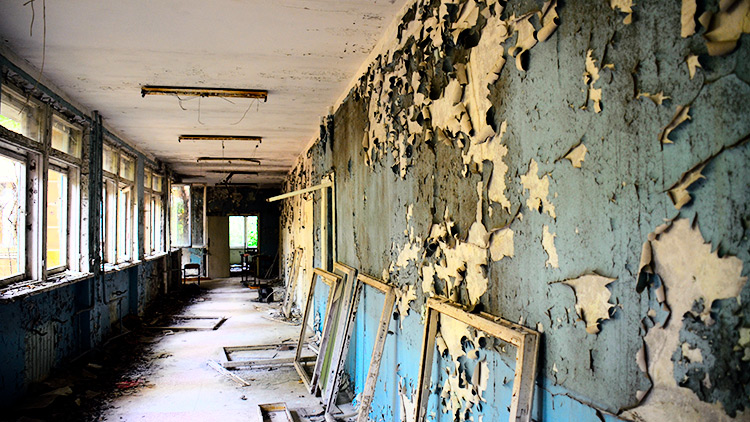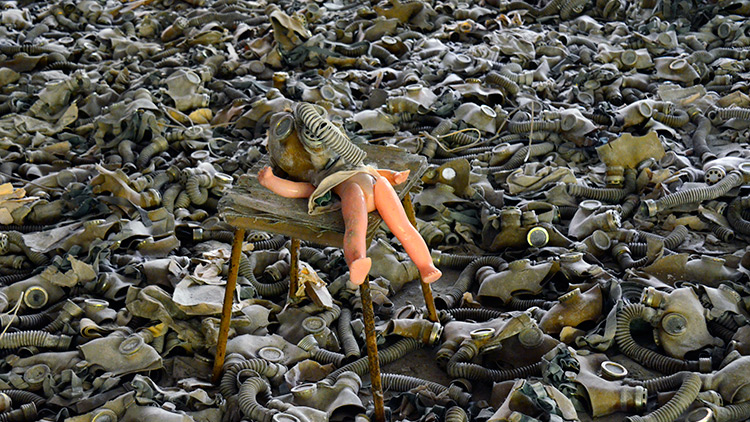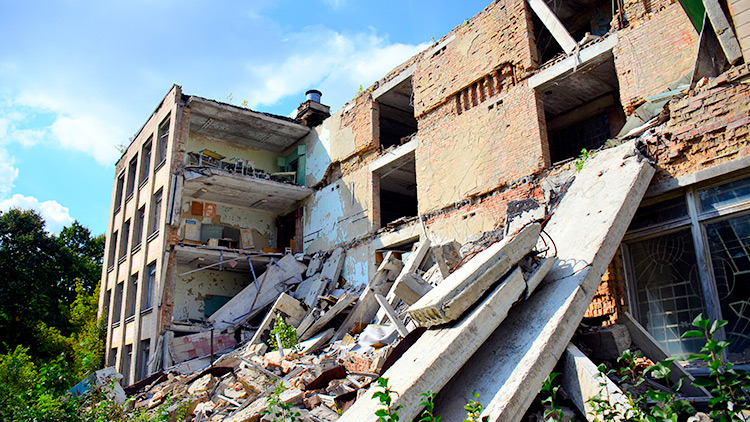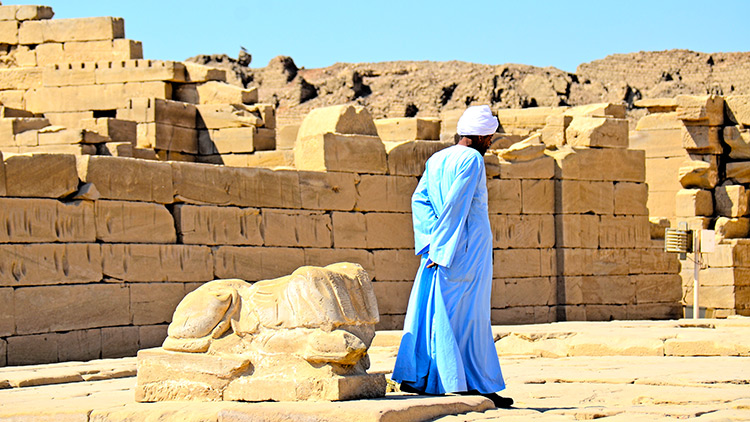
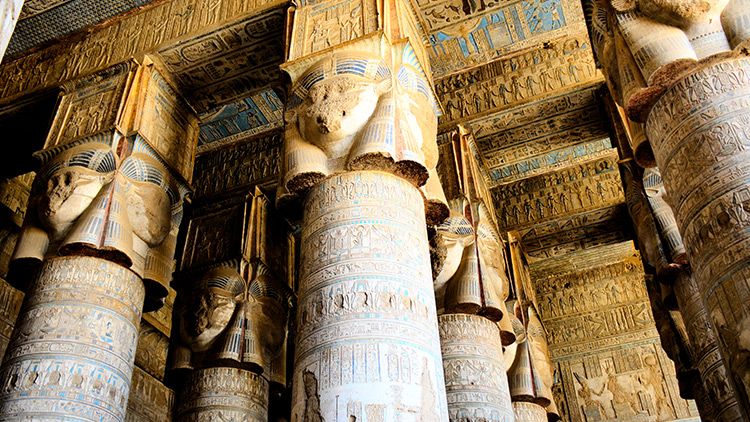

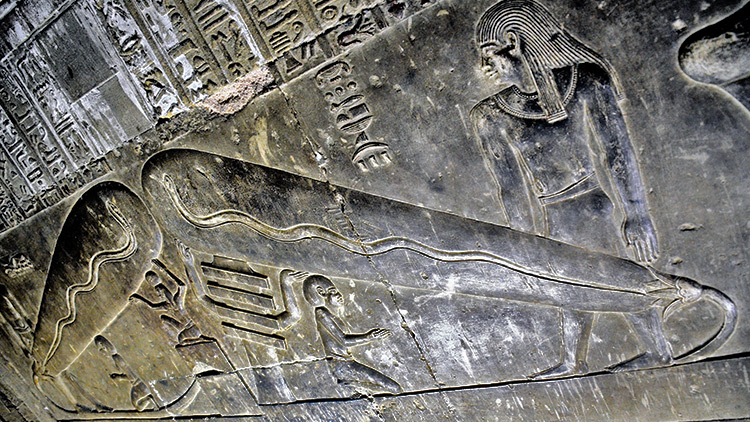

C H R O N I C L E S . O F . T H I S . F L O A T I N G . L I F E




Not that I’m inherently a thrill seeker; but, having gone this far (and missing the opportunity when I was in Skopje) with a couple days time to spare, I resolved to visit Pristina, Kosovo. My initial inquiry in Belgrade said it would take roughly 8+ hours to traverse the relative short distance to Pristina. Thus, I decided to layover a night in Nis en route to Pristina. Although Nis is the third largest city by population size, there isn’t much to do or see. Within two hours after arriving in the late afternoon, I had toured around the city center and visited the Nis Fortress park. Aside from some ancient ruins scattered throughout, the city is largely drab.
The summer travel season is long over, leaving me the consistently as the odd man out in the streets — a stranger in a strange land mute to their tongue and unaccustomed to their ways. As there isn’t much to do, I pantomimed my way to some food and went back to the posh hostel — I’m the only guest — for some early rest. By morning, I’ll be up early to catch the only to Pristina at 9:30am.
Since the end of the conflict, Kosovo has been a semi-recognized state with de facto independence. The Serbian government’s resort to military force in an attempt to prevent Kosovo’s independence. To prevent another ethnic cleansing, NATO essentially bombed Belgrade into submission (the destruction still evident in the capitol). Serbia still does not recognize Kosovo as independent, but an uneasy peace has held over the last decade; albeit, there is a palpable undercurrent of wounded pride and resentment bubbling from the Serbs at the defeat. Serbia still does not recognize Kosovo as independent. I’m told that anyone transiting Kosovo to Serbia from other countries are often turned around because, as Serbia does not recognize Kosov, the government considers one as having illegally entered Serbia without an passport entry stamp.
To my surprise, the morning bus is empty. Although the bus seats 50, there is only one passenger, namely, me. The driver chain-smokes before departing. The only other person is the attendant, who promptly asked for my passport as soon as the bus departs the station — perhaps there is a borderr control? The bus is actually bound for Gracanica, a small town 10km outside from Pristina where the minority Serbs have congregated following the end of the conflict.
Sometimes my deliberate failure to plan accordingly leads to as much annoyances as adventures. It is now approaching 11pm on a random Tuesday night, my travel log entries seem to be increasingly resigned to thoughts composed amid either bus or train journeys. In fairness, It is rather more deference to the tired body/mind’s inability to find predictable quietude than failure of commitment. As now, I’m on a continuous train bound from the Ukraine/Romanian border village of Sighetu for Timisoara. This solid box of metal and glass, unventilated, and with worn and faded cushions is pulling into the regional hub city of Clug. With any luck, the remainder of people in this compartment will disembark and leave me to some peace for the onward over-night journey to Timisoara. More on this to follow.
This morning, after five days stay is Uzhgorod – a town rarely, if ever, visited by backpackers – I parted with some bittersweet reluctance. There isn’t anything too remarkable about Uzhgorod (in fact, I didn’t even bother to take more than a scattering of photos), but as with all places, its the company one keeps that makes it enjoyable and memorable. But I can only pause so long to smell the proverbial roses; this journey must continue on. I’m bound for Belgrade; but my Schengen Visa has expired and the only way there is the circuitous route back through Romania. And thus, without forethought, I boarded the bus with only the most vague idea of how to get to Belgrade.
The bus wound very slowly through every small village along the Ukrainian border to Solotvyne. The countryside comes to life with a spattering of local activity: the herder walking cattle down the street, the old ladies talking on the doorways, some old Soviet era cars sputter by, a street-side fruit vendor, a boy playing with his dog, etc. Not much happens around this remote corner of Ukraine, it seems. Eventually, after four hours, I flagged the driver to stop by the roadside of Solotvyne. From here, all I’m aware of is that a 4km walk takes me across the bridge over the river Tisa into Sighetu on the Romanian side. As far as planning goes, this is leaving this to the whims of the winds. The environs seemed safe enough. Most of the sparse people passing afoot, or lingering about the unpaved dirt roads pay me no heed; occasionally, some one would take a longer glance. About half way to the bridge, three girls aged about 8 or 9 saw me passing and one said “Hello” to my surprise. I replied in kind as they smiled coyly and went about their happy way home. Nearing the bridge, a large group of 15-ish year old girls passed all giggled in turn to each other as if my presence was a remarkable occurrence. A group of teenage boys passing immediately after them had a much more vocal response; audibly alerting each other to the stranger in their midst.
Upon reaching the bridge, the Ukrainian border guard waved me over with a smile. A quick check of the passport followed, then a nod and I was directed to the border control booth where I was stamped out of Ukraine. On the bridge, I lingered a few seconds gazing over the river in this remote region; but only pausing to wipe my sweat and take a few deep breaths before continuing a 100 meters or so to the Romanian border control. My passport was taken briefly, and upon returning the officer said “I have one question”, whereupon he inquired about the “Fin del Mundo” stamp on my passport. This is becoming more amusing with each incident. Customs control was no more than “Do you have anything to declare?” and I was on my way.
As luck would have it, Sighetu’s train station is no more than 600 meters or so form the border. Having had no plans, I would have been happy if there was a train available to reach Cluj. As luck would have it, the only was a direct train overnight passing Cluj straight to Timisoara (closest to the Serbian border) leaving in 40 minutes. Problem: I don’t have Romanian Leis. A quick run to the ATM at the town center 6 minutes away carrying a full load solved the problem. I returned in time to purchase the ticket, run to the mini-market across the street to buy some foodstuffs for the long journey ahead, race back to the track platform drenched in sweat to see the train pull into the station. It is definitely better to be lucky with timing than being an efficient planner.
Postscript:
The chatterbox woman with the shrill voice manage to talk non-stop for 9 hours. She didn’t disembark until 1am, by which time, I had a minor migraine, but some point after manage to fall asleep lying on the chairs.
I count the blessings as they present themselves, but lightning seems to have struck twice. The train arrived at 7am on schedule in Timisoara. Exiting the platform, I made a bee line to the ticket booth, where, the agent alerted me there was a train bound for Belgrade in 40 minutes, with a change over at some point (but failing to mention where). Without hesitation, I withdrew enough money from the bank machine for the ticket, bought a cappuccino and headed for platform 3. The rather modern train consisting of 3 cars pulled up momentarily and withing minutes we set off for Belgrade.
Oddly enough, about 5km from the border, the border control agents boarded the train — four of them in total, and thoroughly search every crevice. Our passports stamped, and the short delay observed, we were on our way. Perhaps there was no change off trains? We crossed the border into Vrsac, where all the locals disembarked, leaving the half dozen foreign tourist on board. Serbian border control then proceeds aboard, all looking very stern and, well, Slavic in demeanor. After again clearing security, we were told to all disembark and wait by the platform for another train arriving from Belgrade.
I wait along with the rest, and chat up a young British lass, sporting dreads, and carrying hoola hoops and fire dance paraphernalia. I share my grapes with her. We chit chat about travel. Withing 10 minutes the inbound train arrives and we boarded. She had evidently made friends with 3 Russians who are renting a car in Belgrade to tour the Balkans, intent on joining them. We chat some more and she gives me her number so I can see her perform in the square.
By noon, the train slowly rolled into Belgrade’s north station. We disembarked, walked a few blocks before heading our separate ways. Perhaps, I’ll see a fire show tonight.
And this is how you get from Uzghorod to Belgrade in 26 hours, bypassing the Schengen zone.
I’ve long since lost count of the number of days on the road. For 2 years I’ve not experienced winter — moving from one city to the next following clement weather; yet, how quickly the one season replaces another. The pass few days have witnessed the first hints of Autumn in central Europe. This morning, I set out on a bus in southern Bohemia bound for Budapest. In all, today’s journey totalled two buses and two trains traversing three countries: including a bus from Cesky Krumlov > Ceske Budejovice > Brno, then buying a ticket on-the-spot at a dear cost to Breclav, connecting to Budapest. Slowly again the mesmerizing landscape glides by the window. With each stop and transfer, various languages are heard from the locals going about their daily routines. I gaze transfixed at the receding landscape of town and country out the window. The scattering of light and shade casts a flickering display of my own reflection superimposed over the distant view. For hours on end both bus and train meander through the early autumn scene.
The high tourists season is now over and I’m often left one of a sparse wandering guest at the terminals. Just now, the train passed through Nove Zamky, Slovakia and all the passengers on my train car disembarking, leaving me alone and contemplative in the compartment. Soon, this locomotive will reach its destination in Budapest; and the routine of navigating the labyrinth of a new city begins.
